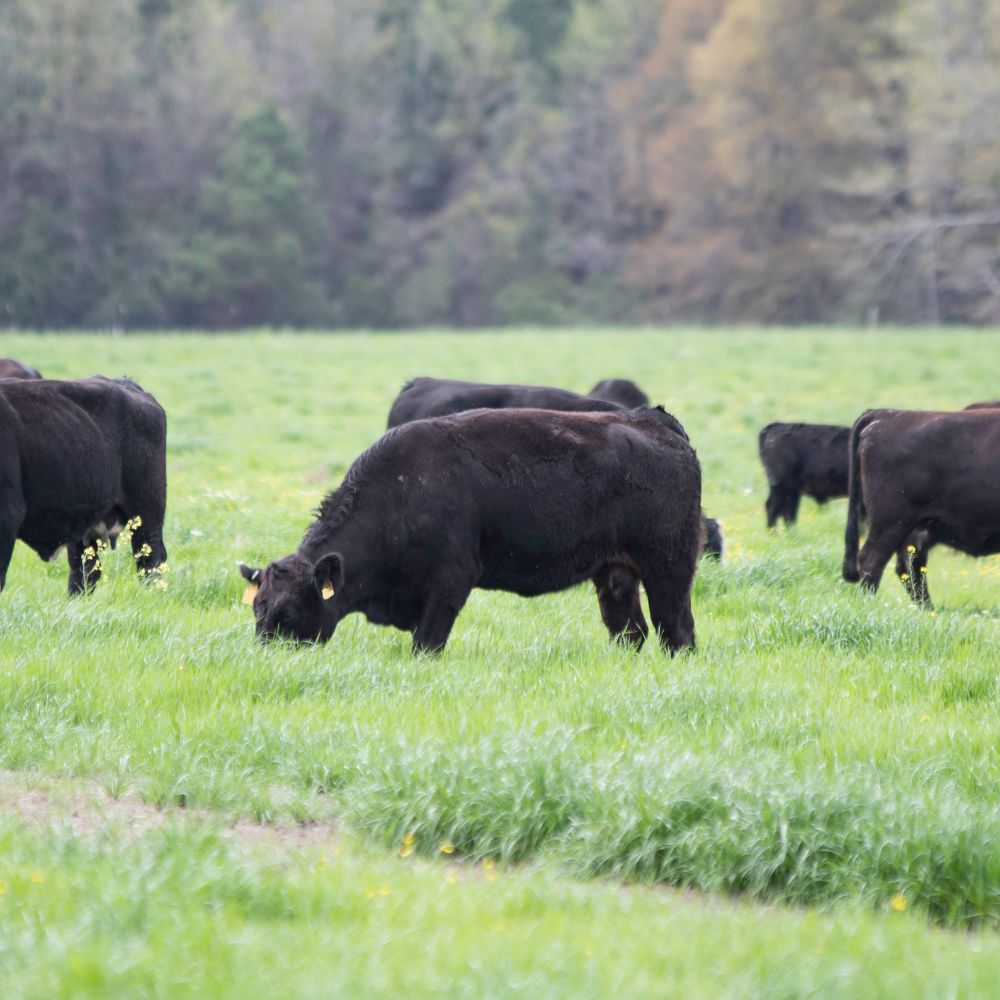Excitement About Bagley Risk Management
Excitement About Bagley Risk Management
Blog Article
Rumored Buzz on Bagley Risk Management
Table of ContentsHow Bagley Risk Management can Save You Time, Stress, and Money.Getting My Bagley Risk Management To WorkThe 4-Minute Rule for Bagley Risk ManagementNot known Details About Bagley Risk Management Bagley Risk Management Fundamentals Explained10 Simple Techniques For Bagley Risk Management
When your agreement reaches its end date, the final cost is computed utilizing the CME Feeder Livestock Index. If the index falls listed below your contract's coverage price, you might be paid the difference.Animals Threat Protection (LRP) is a USDA subsidized insurance program that assists safeguard manufacturers from the threats that originate from market volatility. With LRP, producers have the ability to guarantee a floor cost for their cattle and are paid an indemnity if the marketplace worth is reduced than the insured rate.
This product is meant for. What is LRP.
The Best Strategy To Use For Bagley Risk Management

In the last number of months, several of us at FVC and PCM have gotten inquiries from manufacturers on which risk management tool, LRP vs. Futures, is much better for a pork producer? Like a lot of tools, the answer relies on your operation's objectives and situation. For this version of the Dr.'s Edge, we will check out the scenarios that often tend to favor the LRP device.
In Mike's evaluation, he compared the LRP estimation versus the future's market close for each and every day of the past 20 years! The percent expressed for each and every month of the offered year in the first section of the table is the portion of days because month in which the LRP computation is less than the futures close or to put it simply, the LRP would potentially compensate greater than the futures market - https://myanimelist.net/profile/bagleyriskmng. (Rma LRP)
As an example, in January 2021, all the days of that month had LRP potentially paying more than the futures market. Conversely, in September 2021, all the days of that month had the futures market possibly paying more than LRP (zero days had LRP less than futures close). The propensity that reveals itself from Mike's evaluation is that a SCE of a LRP has a higher possibility of paying more versus futures in the months of December to May while the futures market has a greater chance of paying more in the months of June to November.
Not known Facts About Bagley Risk Management

50 or $5. 00). As an instance, in 2019, LRP was better or within a $1. 25 of the futures market over 90% of the days in all the months except June and August. Table 2 depicts the ordinary basis of the SCE LRP estimations versus the future's close for the offered time frameworks per year.
Once again, this data sustains extra probability of an SCE of a LRP being better than futures in December via May for most years. As an usual caution with all analysis, past efficiency is NO warranty of future performance! Likewise, it is essential that producers have accounting methods in position so they recognize their price of production and can better figure out when to make use of threat management tools.
Excitement About Bagley Risk Management
Some on-farm feeders might be pondering the need for rate security right now of year on calves maintained with the intent to feed them to a coating weight at some point in 2022, using readily available feed sources. Regardless of strong fed livestock costs in the existing neighborhood market, feed costs and existing feeder calf values still produce limited feeding margins progressing.
23 per cwt. The current typical public auction rate for 500-600 extra pound steers in Nebraska is $176 per cwt. This recommends a break-even rate of $127. 57 for the 1,400-pound guide in July of 2022. The June and August live cattle contracts on the CME are currently trading for $135. 58 and $134.
Cattle-feeding enterprises have a tendency to have limited margins, like many agricultural enterprises, due to the competitive nature of the company. Cattle feeders can bid a lot more for inputs when fed livestock rates increase. https://bagleyriskmng.blog.ss-blog.jp/2024-02-06?1707187113. This raises the price for feeder cattle, specifically, and somewhat increases the costs for feed and various other inputs
The Best Strategy To Use For Bagley Risk Management
Nebraska livestock are close to significant processing facilities. As an outcome, basis is positive or absolutely no on fed cattle across much of the state.
Only in 2020 did the LRP insurance coverage cost exceed the finishing worth by enough to cover the costs cost. Nonetheless, the net result of having this LRP coverage in 2019-20 was considerable, adding $17. 88 per cwt. to the lower line. The result is a favorable ordinary web outcome over all 5 years of $0.
37 The manufacturer premium declines at lower coverage levels but so does the protection cost. Due to the fact that producer premiums are so low at lower protection levels, the producer loss ratios (indemnity/premium) boost as the protection degree declines.
Some Known Incorrect Statements About Bagley Risk Management
In general, a producer ought to consider LRP insurance coverage as a system to safeguard outcome cost and subsequent earnings margins from a danger administration point ofview. Some manufacturers make an instance for insuring at the reduced levels of insurance coverage by focusing her comment is here on the choice as a financial investment in risk monitoring defense.

Report this page